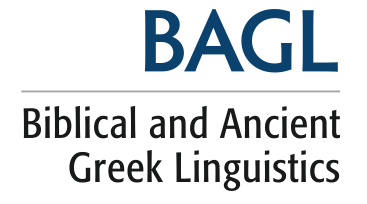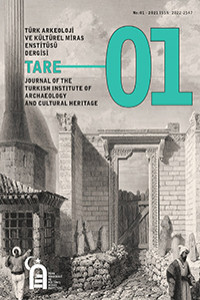[First posted in AWOL 15 November 2021, updated 17 August 2025]
ISSN électronique: 2553-5293
La revue In-Scription: revue en ligne d'études épigraphiques
propose de créer le premier lieu de publication en ligne de textes
scientifiques consacrés à l'étude des écritures médiévales en dehors du
monde manuscrit, et en particulier à celle des inscriptions médiévales.
Elle est animée par l'équipe du Corpus des inscriptions de la France
médiévale de Poitiers (CESCM) et entend favoriser la publication dans
des délais courts de textes originaux en français et en anglais,
produits notamment par de jeunes chercheurs. Un comité de lecture évalue
la qualité et la pertinence des textes et sollicite des expertises
extérieures le cas échéant. Le responsable prépare la publication en
lien avec les auteurs et le webmaster. La revue entend publier les
textes au fil de l'eau afin de mettre les textes le plus rapidement
possible à disposition d'une communauté scientifique qui possède
aujourd'hui assez peu de journaux spécialisés.
Première livraison
Deuxième livraison
Troisième livraison
Quatrième livraison
Spécial Roda de Isábena Cinquième livraison
Sixième livraison












 Stumble It!
Stumble It!
